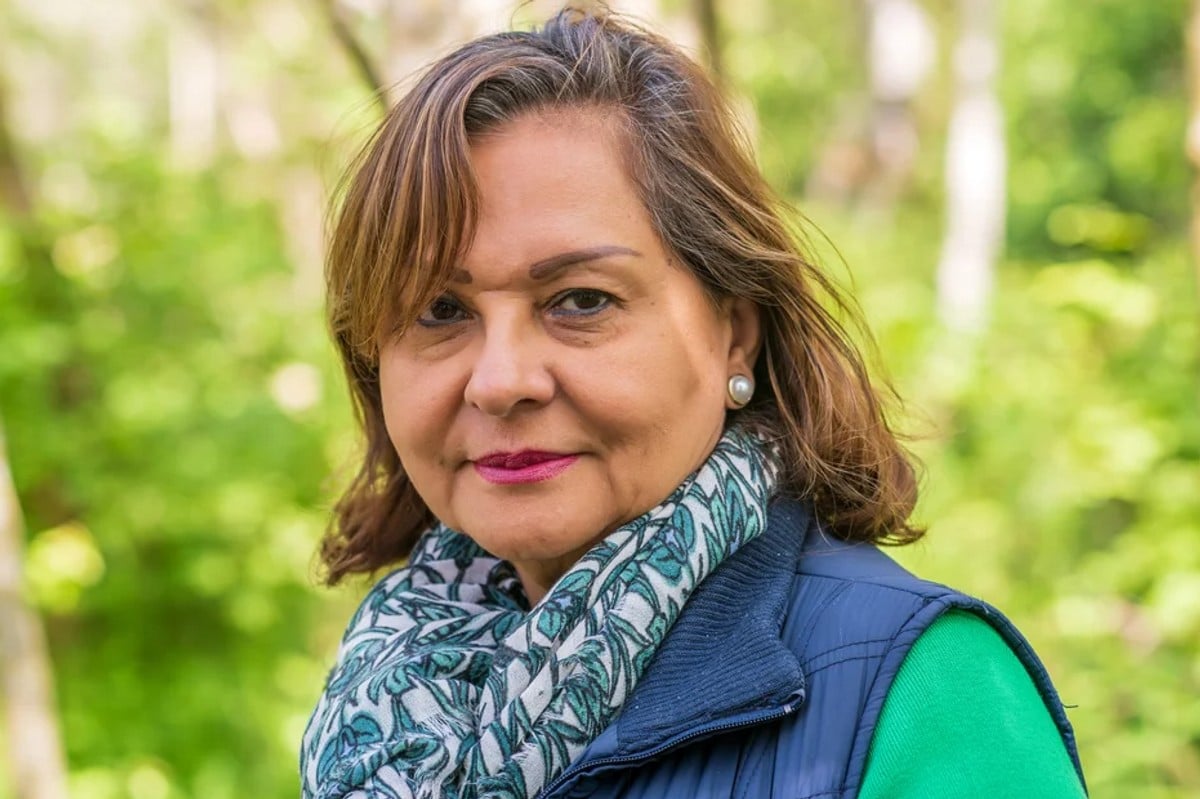
You're not alone if you're estranged from your adult child. It's happening a lot.
I'm sure there are some generational shifts in emotional expectations about how to deal with trauma and boundaries, but I'll leave that to the psychologists to unpack and explain. But when adult children don't want to repair their relationship with you, you need to figure out how to accept their choice and move on. Life is short.
This isn't about how to fix things. It's about moving on after you've accepted estrangement in its current state. I'll just explain how I shifted my mindset to do that.
Okay, so neither of my adult children speak to me. It's heartbreaking and the pain feels a lot like the grief I felt when my Mum died.
How did it happen? I'm not entirely sure. It's hard to explain because I don't feel like I'm inherently a bad person. I feel loved by my partner and friends, who know me well, which is deeply comforting. I don't have to exhaust myself trying to convince them that I'm a good person. They already see it.
Watch: A therapist explains why family estrangement is on the rise. Post continues below.
Our complicated family backstory definitely has something to do with it — our collective lives under the same roof as my narcissistic ex-husband, my parenting capacity and capability in his presence, and the lack of bravery I had in those dreadful days to both see through his manipulation or to protect and stand up for myself.
But defensiveness won't fix this. It's just that, while I know I've stuffed up a few things, and to be fair, some of them were big, important things (that would take a book to explain), I don't feel I should shoulder all the blame for everything that happened. So, I'm not wasting another second trying to fix things — a decade is enough.
Yes, I made mistakes, and I carry blame and feel guilt. Of course, I do. But I'm not going to carry that around forever and let it ruin the rest of my precious life, nor shoulder blame that isn't mine.
To be absolutely clear, I love both my kids, I always will, and I appreciate their uniqueness and unique place in my life.
But I've come to realise this truth: I can't keep showing up for people who don't show up for me, who knock every olive branch I offer out of my hands time and again, time after time.
It was hard to accept, but they don't deserve access to any more of my energy. I've learned the hard way that being misunderstood by people you love hurts.
It hurts really deeply.
So, I'm not going to keep fighting for a spot in their lives. I will engage with them as they do me, so my efforts mirror theirs.
Is that silent quitting? I don't know, but I do know I'm not choosing to be silent out of weakness, but out of strength.
Sadly, no matter how much I explain my truth — and I know it's the truth because I was there, and I lived it — I know it won't be heard. Explaining makes no difference. They won't hear it.
People only hear what fits the story that's already in their head. And if people paint me as something I'm not, that's a reflection on them, not me. It means they don't know me.
I'm no longer in the business of proving my good intentions to people intent on misunderstanding me. I'm going to be careful who I spend energy on.
So here I am.
I've learned that closure doesn't come from other people, and peace doesn't come from being understood by people who don't value me. It comes from understanding myself, from people loving me as I am without judgement, and from knowing my worth without begging for it to be seen by others.
This is where my head is at now: unapologetic and intentional.
My life is in alignment with who I am, and I can let them make their own choices, with grace and a calmness I didn't know I could muster. I'm leaning into this next chapter of life grateful for the love I have, protecting my peace, knowing my boundaries and choosing myself and the people who love me.
Freedom, peace of mind and love are the prizes.
I hope that in their later relationships, adult children try and work through things and don't choose to cut out people when things get complicated. I get that emotional safety is more critical than obligation, but is silence the only way to protect yourself?
Feature Image: Getty. (Stock photo for illustrative purposes only)




























































































